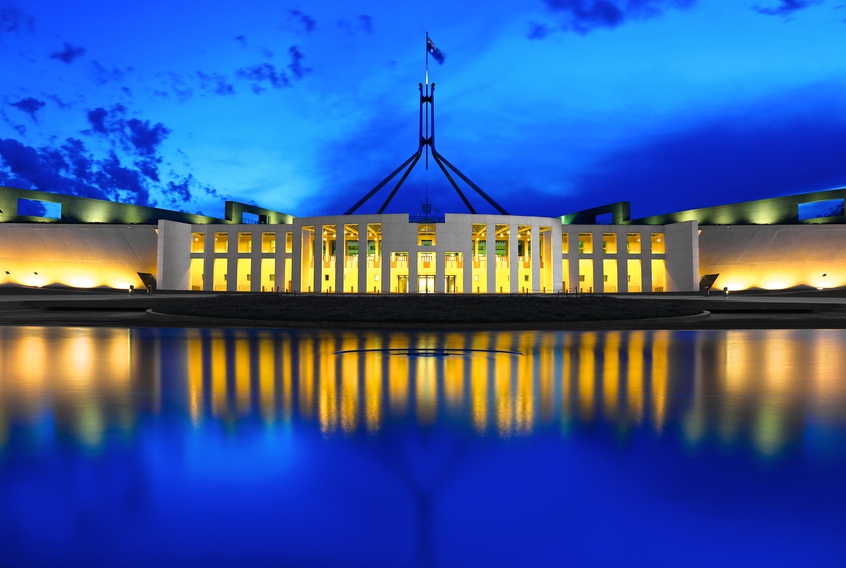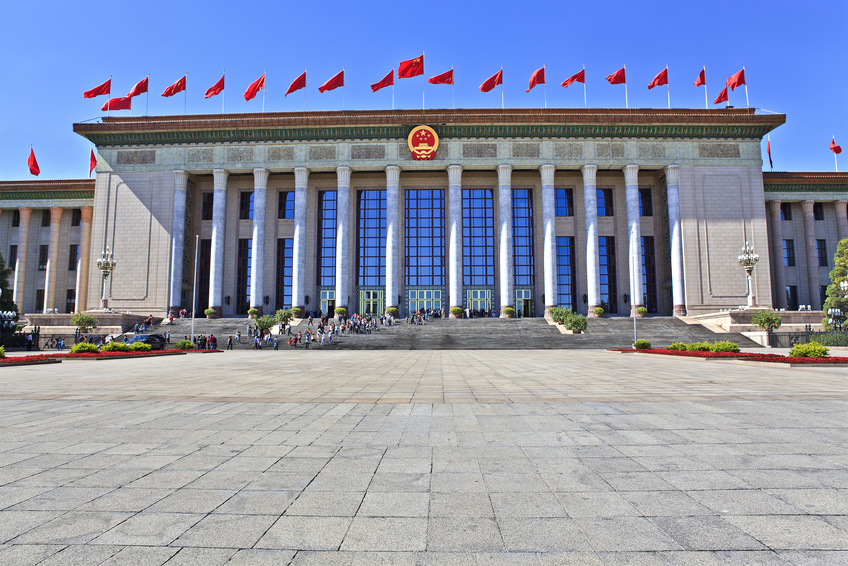In brief
Budget 2023 focuses on building a more resilient and innovative Singapore. As the country emerges from the Covid-19 pandemic, the nation now contends with inflationary pressures in the midst of global uncertainty. Budget 2023 seeks to provide support to businesses and households to weather the challenges ahead while ensuring that Singapore continues to uphold fiscal prudence.
Importantly, the government has announced its intention to implement the OECD Pillar 2 measures from 2025 and confirmed that it will implement a domestic top-up tax which will top up multinational enterprise groups’ effective tax rate in Singapore to 15%. To remain competitive, Singapore will retain and extend its major tax incentives. Changes have also been made to buyer’s stamp duty rates, which are consistent with enhancing the fairness and resilience of Singapore’s tax system.
We highlight below the key tax developments from Budget 2023.
Key takeaways
- Singapore plans to introduce the Global Anti-Base Erosion rules (i.e., Income Inclusion Rule and Undertaxed Profits Rule) and domestic top-up tax from in-scope businesses’ financial year starting on or after 1 January 2025. The domestic top-up tax will top up the multinational enterprise groups’ minimum effective tax rate in Singapore to 15%.
- There will be extensions and enhancements to various tax schemes, including the Pioneer Certificate Incentive, Development and Expansion Incentive, Investment Allowance scheme, Qualifying Debt Securities scheme and Financial Sector Incentive scheme.
- A new Enterprise Innovation Scheme will be introduced to encourage businesses to engage in research and development, innovation and capability developments activities. Under this scheme, qualifying expenditure incurred on qualifying activities will be eligible for tax deductions or allowances of up to 400% but will generally be subject to a cap of $400,000. Businesses may also opt for a non-taxable cash payout of 20% on up to $100,000 of total qualifying expenditure across all qualifying activities per year of assessment, in lieu of tax deductions or allowances.
- Higher marginal buyer’s stamp duty rates have been introduced for higher-value residential and non-residential properties. With effect from 15 February 2023, the buyer’s stamp duty rates are up to 6% for residential properties and 5% for non-residential properties.
Click here to access full alert.
*********

© 2023 Baker & McKenzie.Wong & Leow. All rights reserved. Baker & McKenzie.Wong & Leow is incorporated with limited liability and is a member firm of Baker & McKenzie International, a global law firm with member law firms around the world. In accordance with the common terminology used in professional service organizations, reference to a “principal” means a person who is a partner, or equivalent, in such a law firm. Similarly, reference to an “office” means an office of any such law firm. This may qualify as “Attorney Advertising” requiring notice in some jurisdictions. Prior results do not guarantee a similar outcome.







